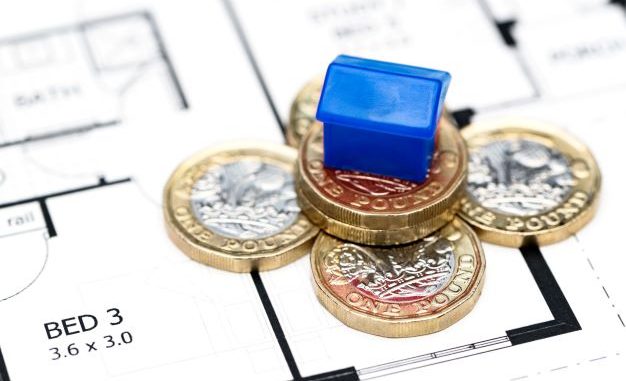
For many Brits, owning a house is the ultimate goal in life. It gives people a sense of achievement and more importantly, provides some financial security as it is a relatively safe investment that you will likely make a return on with the rapidly rising house prices.
To purchase your own house, however, there are many costs that are included in the process which is why you’ll need to save a lot. Saving money is currently a lot more difficult though due to the higher living costs that the UK is currently facing.
When purchasing a house, the majority of the cost will be spent on the deposit as this is what you’ll need to have any chance of acquiring a mortgage. How much you need to save, however, can be a bit of a minefield and so, many people find themselves asking ‘how much deposit do I need for a house.’
Within this article we will inform you on how much deposit you’ll need as well as other costs you should be wary of if you are purchasing a home, and we suggest you use this mortgage calculator to understand your repayments.
How much do I need?
For a standard mortgage, you’ll typically look to raise 10% of the total house price for your deposit. This will give the bank confidence that you will be able to repay the loan in the allotted time agreed upon.
Some places may give you a 5% mortgage which is more accessible but where possible, you should look to put down as much as you can. This is because 5% mortgages offer a higher interest rate which means that over time, you’ll be paying more for your home.
What about shared ownership mortgages?
Many new build homes offer shared ownership deals which is once again helping more people to gain access to the property ladder sooner.
Shared ownership mortgages mean you don’t purchase the whole house, just a share of it. Here, you will pay a mortgage on the part that you own and then pay rent on the rest of the property.
Other costs you should consider
Whilst saving up a deposit is a great target, there’ll be plenty of other payments that will need to be included in your saving goals. These include:
- Stamp duty
- Arrangement fee
- Booking fee
- Mortgage account fee
- Valuation fee
- Solicitors
As you can see, deposits can be a complex thing to consider and there are drawbacks to whichever percentage you choose. A 10% deposit will result in a longer saving period, a 5% mortgage means higher interest rates and shared ownership mortgages mean you never own the house outright.
Choose the amount that suits your lifestyle and you’ll be delighted when you enter your new home.